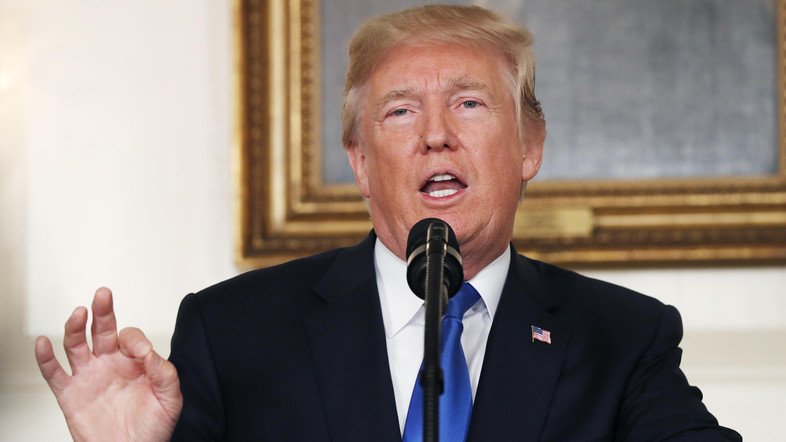09 November 2015, News Wires – Five months into his presidency and the man who would clear Nigeria’s Augean stables of corrupt practice and knock heads to ensure transparent dealings in the oil industry and beyond is facing a crisis of confidence within his own All Progressives Congress (APC) party.

The country simply cannot afford to pay all 36 minister-nominees just vetted by the Senate, according to President Muhammadu Buhari, casting gloom upon the loosely-allied cabals of vested interests which have waited on tenterhooks to know their allotted seats.
Is it really that bad? Perhaps not, but it is a matter of principle and being seen to scale back on bureaucratic wastage will win Buhari immediate kudos.
The former military strongman can always meet constitutional obligations to appoint Cabinet members from each of the 36 states by boosting the count of juniors and ministers-without-portfolio.
Loyalists have become quite picky, rejecting House Speaker Yakubu Dogara’s allocation of committee appointments, and criticising a decision to allot chair positions to the opposition Peoples Democratic Party (PDP) on Petroleum Upstream Resources and, more surprisingly, Gas Resources.
And all the while he underlines how poorly managed and inefficient the economy has become, how venal was the former regime and how no quarter shall be given to miscreants once they have been hunted down.
Chief Olisa Metuh’s PDP this week accused Buhari of “demarketing Nigeria” with dangerous comments that are deterring investors.
Sore losers, maybe. But industry players are worried by a lack of progress on policy and continued instability among top appointments, while the polity remains frayed.
Boko Haram may have been dislodged from formal occupation of the north-east, but has refined its guerrilla tactics following closer relations with Islamic State, as US Africa Command’s General David Rodriguez reminded reporters.
Buhari vowed to crush Boko Haram by December, but there have been more than 10,000 deaths since he took office. Old-style militant attacks have increased in the southern oil patch.
A few minor oil bunkerers have been identified by the Navy, leaving the big fish to swim free — while, this week, a major fanfare greeted a decision to put away for 42 years a handful of people guilty of smuggling a cargo of premium motor spirit.
Meanwhile, Harvard lawyer Emmanuel Ibe Kachikwu — recently appointed to head the Nigerian National Petroleum Corporation (NNPC) — appears to have a mandate to revamp the industry and build bridges with disgruntled majors.
However, he is also a ministerial-delegate and may soon rise to hold the Petroleum Resources portfolio, to be succeeded by another high-flyer drawn from the senior ranks of Nigerian majors.
Since his screening, Kachikwu has been podcasting his progress to staff and Senate in a bid to herald real change to institutional culture — he once oversaw compliance for both Texaco and ExxonMobil.
It is not clear how far he can go, but the decline in refinery capability has already been reversed, and drones have been deployed to help thwart oil theft.
Kachikwu aims to shore up the value chain on mega-schemes, drive down the cost of producing a barrel of oil from $27 to below $20, revive abandoned fields for immediate return and “focus on integrity projects — all the low hanging fruit”.
The goodwill and enthusiasm which greeted the APC victory in April should be harnessed before it dissipates in delay and disaffection.
Buhari must strike while the iron is hot.
- Upstream



